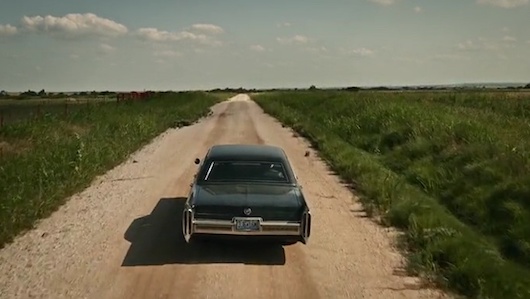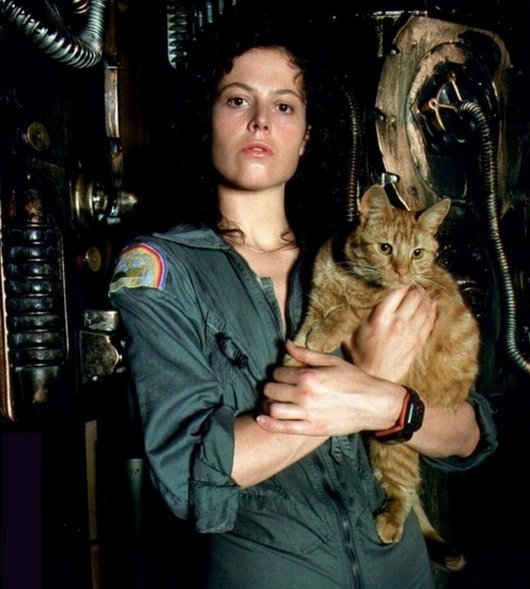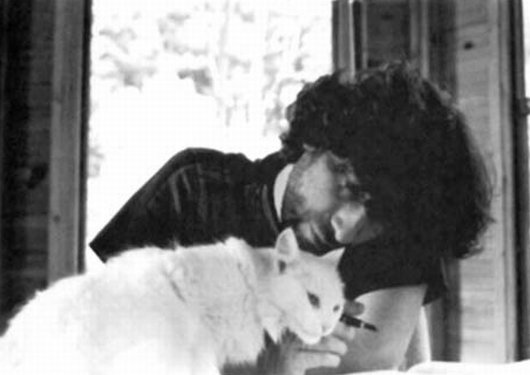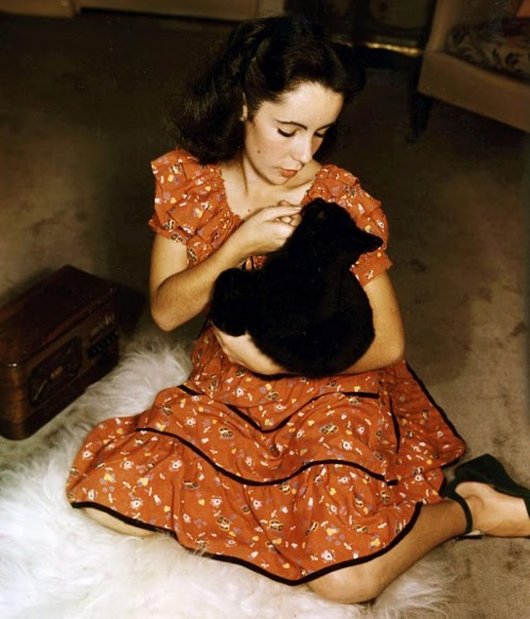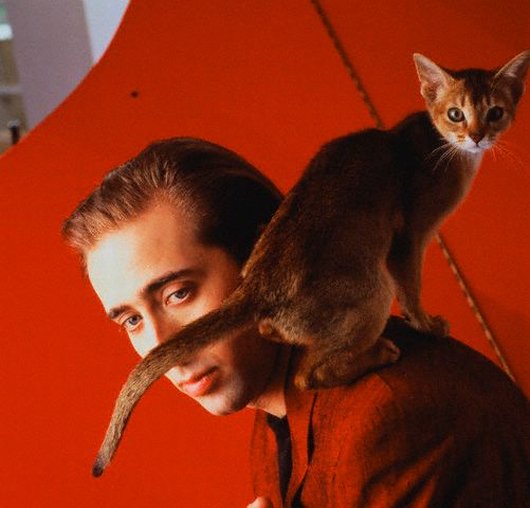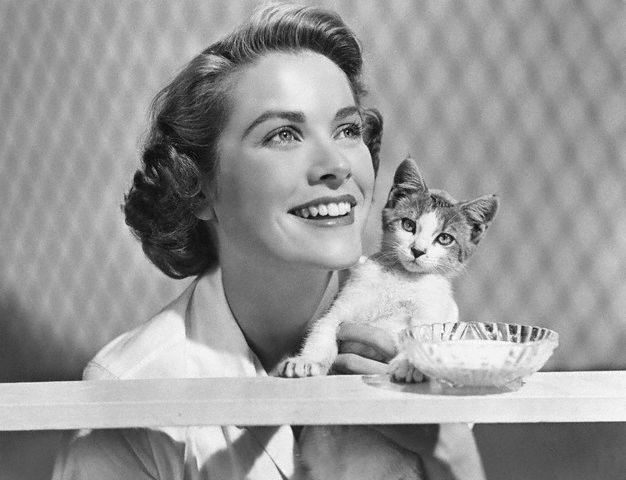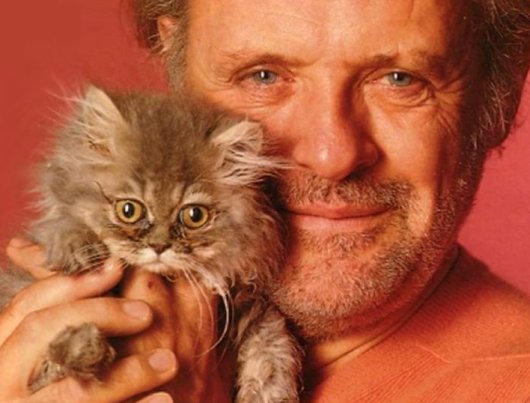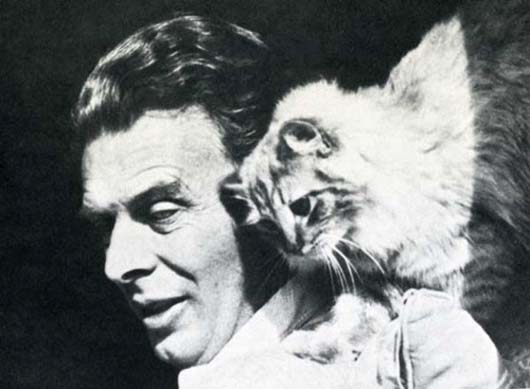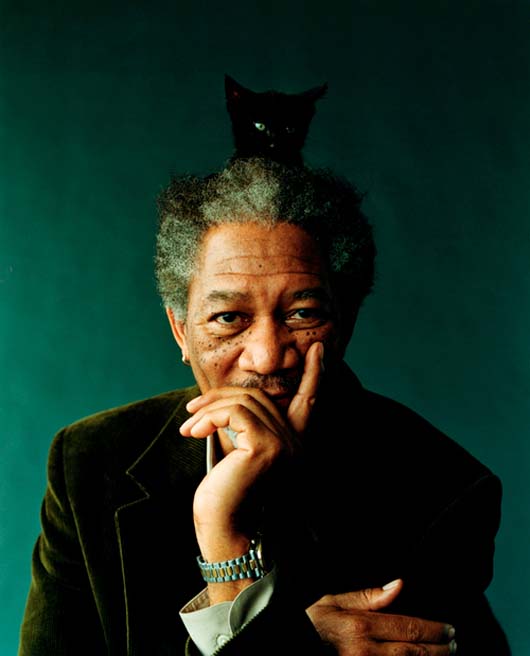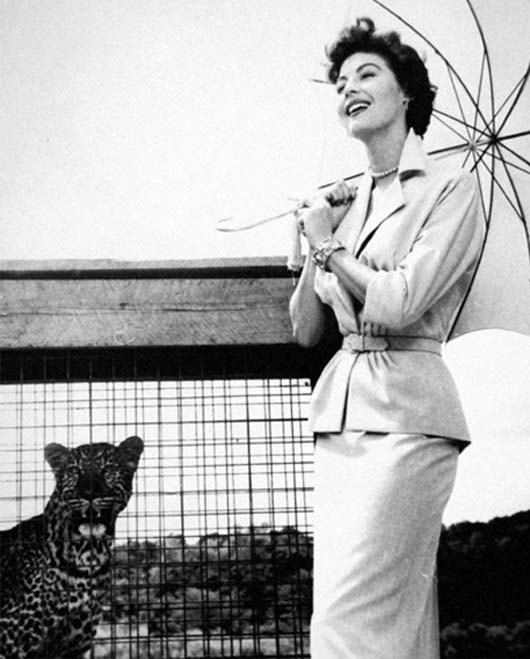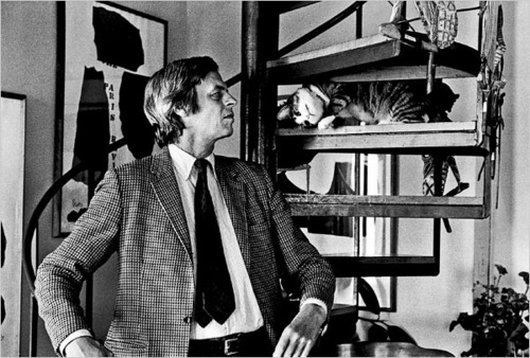 TV
TV In Which We Complete One Vile Task After Another
 Tuesday, May 9, 2017 at 10:08AM
Tuesday, May 9, 2017 at 10:08AM 
Human Events
by ETHAN PETERSON
American Gods
creators Bryan Fuller & Michael Green
Starz
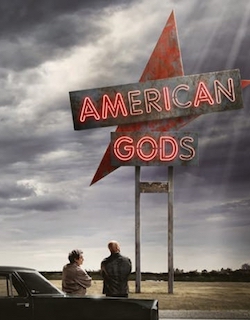 Reading Neil Gaiman's writing has always been more of a drag than it is worth. His extended graphic novel The Sandman is the most overrated work in the medium not created by Alan Moore, and his novels are equally fraught with various gimmicks, iimpotent violence, and a bizarre appropriation of black culture meant to be inclusive, but that really comes across as tone deaf. Gaiman's chief literary technique is overwriting, and his questionable command of various cobbled together mythologies, a subject Gaiman is fascinated by because writing about human beings is beyond his capabilities, emerges onto television in American Gods.
Reading Neil Gaiman's writing has always been more of a drag than it is worth. His extended graphic novel The Sandman is the most overrated work in the medium not created by Alan Moore, and his novels are equally fraught with various gimmicks, iimpotent violence, and a bizarre appropriation of black culture meant to be inclusive, but that really comes across as tone deaf. Gaiman's chief literary technique is overwriting, and his questionable command of various cobbled together mythologies, a subject Gaiman is fascinated by because writing about human beings is beyond his capabilities, emerges onto television in American Gods.
Are you prepared to be alternately excited and tremendously bored for long stretches? American Gods will probably be your favorite show now that Hannibal has been canceled. Bryan Fuller is fresh off completing the abominable achievement of making a Hannibal Lecter series boring. Even a serial killer who eats his victims could not be kept entertaining on that graphic and dreadful show that made real life into some bizarre fantasy whirlwind, just because people were dying. Occasionally in Hannibal, Mads Mikkelsen would kill someone. The rest of the time he spent giving extensive lectures on god-knows-what before dramatically not taking someone's life. Fuller's sometimes enthralling aesthetic sense demanded that blood be evoked in nearly every scene, along with a hokey slow-mo used so often it was simply the key signal to fast-forward the show on DVR.
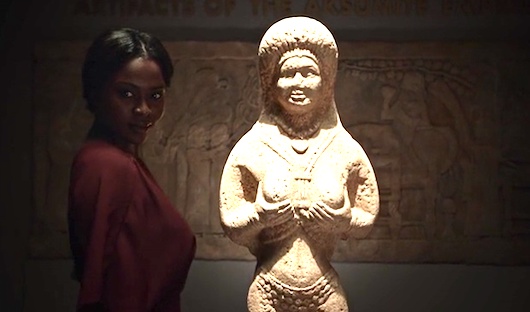
American Gods gives him a larger canvas and possibly a larger budget for the one thing he excels at in this medium: special effects and dream sequences. Shadow Moon (Ricky Whittle) is released from prison three years early on a six year term for assault. He finds out his wife and friend were killed in an automobile crashed while she was giving the fellow oral sex. This is the kind of over-the-top schtick Gaiman loves in lieu of actual characterization and scene work. It is like watching the bullet points in a character sketch read on screen. (American Gods even features more than one different voiceover.) On his way to bury his wife, Shadow meets Mr. Wednesday (Ian McShane), who is reprising his character from Deadwood in virtually every aspect.
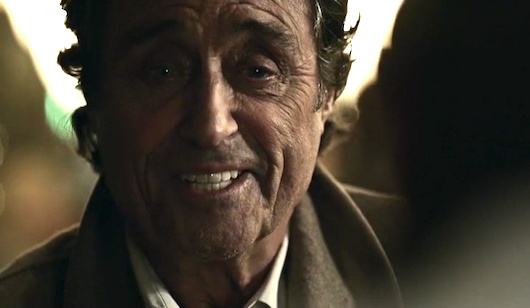
Whittle has about three or four facial expressions of which he is capable. His most recent acting performance in The 100 showed about as much range as a tin can. Watching him try to emote is physically painful, as are the awkward and lame scenes where a Russian god played by Peter Stormare asks him if he is black. There is really no reason Orlando Jones, an actor of considerable talent and range, couldn't have played Shadow much better. Instead he, along with Gillian Anderson, Cloris Leachman, Yetide Badaki and Crispin Glover, are gods who have relocated to America for some reason, I guess to give extended monologues or have sex with mortals, since this is all they really do.
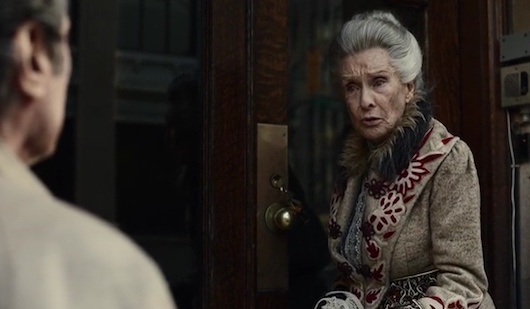
Many British writers have written excellent books about America. Gaiman is not really among them. He has a weird jealousy for this painfully diverse nation, but he also views it as a central hub for the intersections of commercialism and the evil manipulation of various technologies. Stop me if you've heard this dreck before. Mr. Wednesday, along with various other characters, takes predictable shots at low-hanging fruit like gun control, cell phones and the American midwest. These edgy hot takes are somewhat out-of-date, but who cares? Here's a scene where Peter Stormare murders a cow.
The sad thing is that there is a good concept for television buried underneath all these indulgences, but American Gods never brings out any of the considerable pathos involved in viewing how actual deities might react to human events. You see, there are not any human events in American Gods, or at least not any we are driven to care about. Even the historical phenomenon of human enslavement is brought up as if it began only four hundred years ago; apparently Gaiman can only be bothered to think back that long. There is nothing so dull as a worldliness that begins and ends with blaming America.
Ethan Peterson is the reviews editor of This Recording.
